Project overview
Project leaders: René van Woudenberg, Gerrit Glas, Jeroen de Ridder, Gijsbert van den Brink
Vrije Universiteit Amsterdam
Funded by Templeton World Charity Foundation
January 2013 – August 2016
Project leaders: René van Woudenberg, Gerrit Glas, Jeroen de Ridder, Gijsbert van den Brink
Vrije Universiteit Amsterdam
Funded by Templeton World Charity Foundation
January 2013 – August 2016
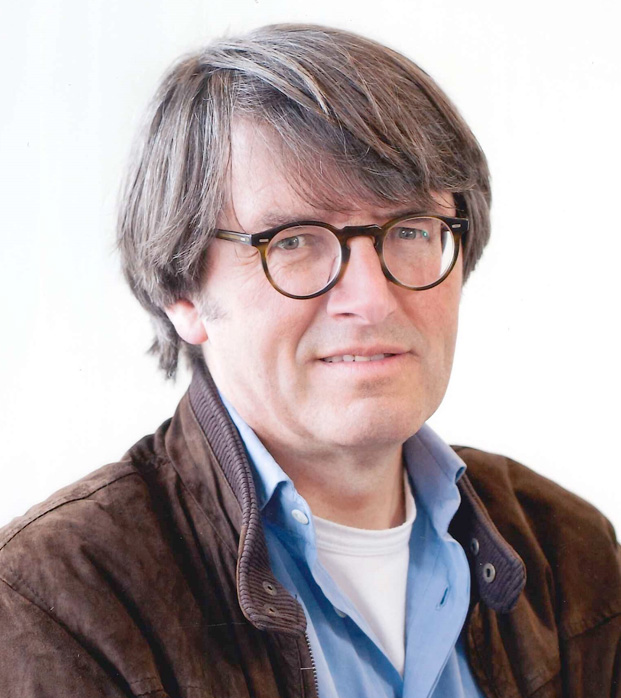
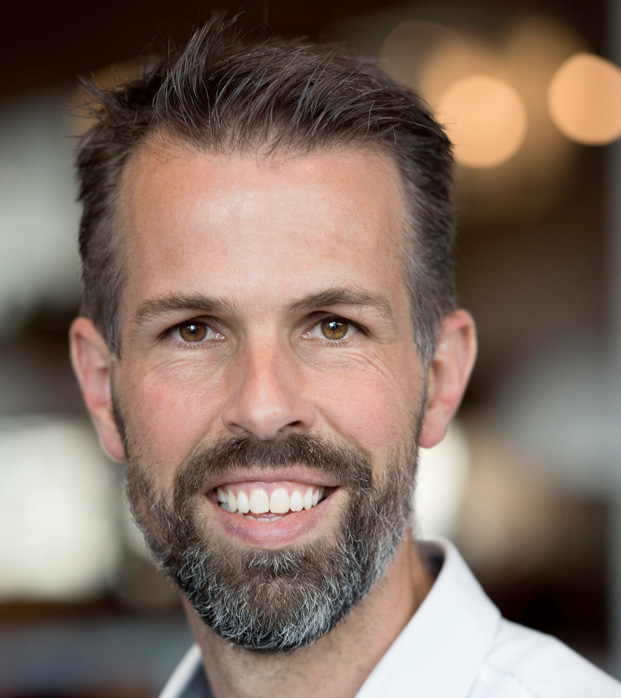
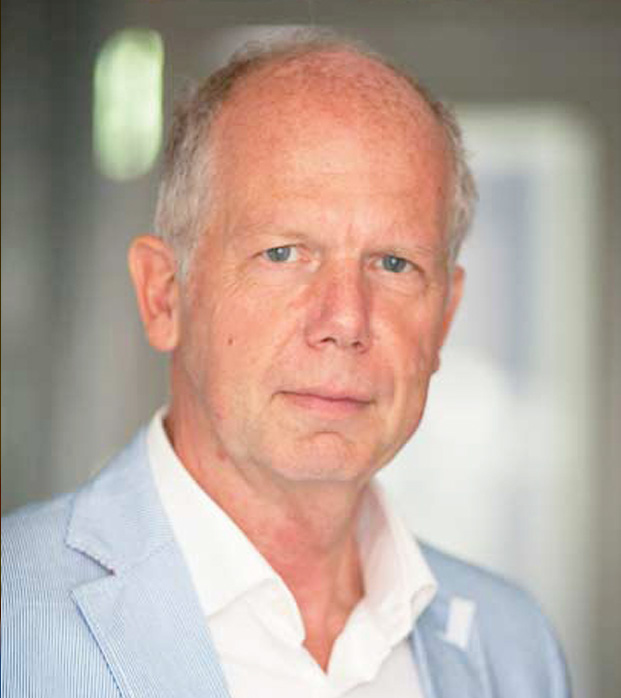
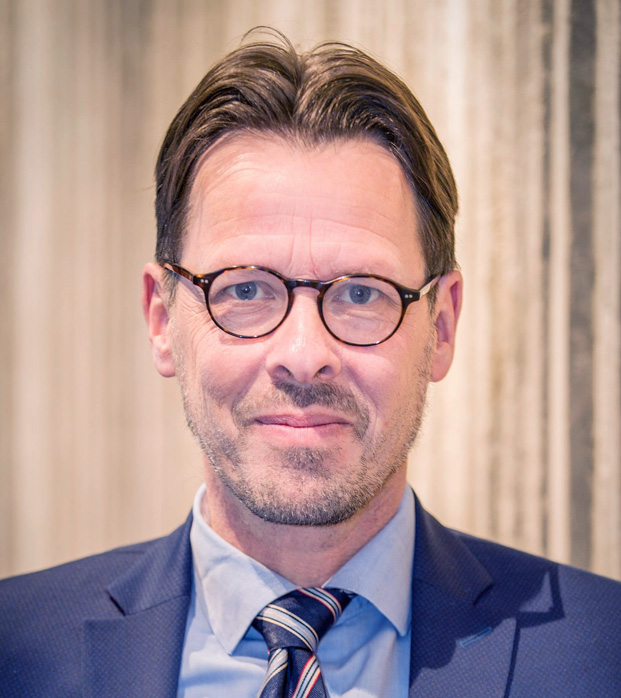


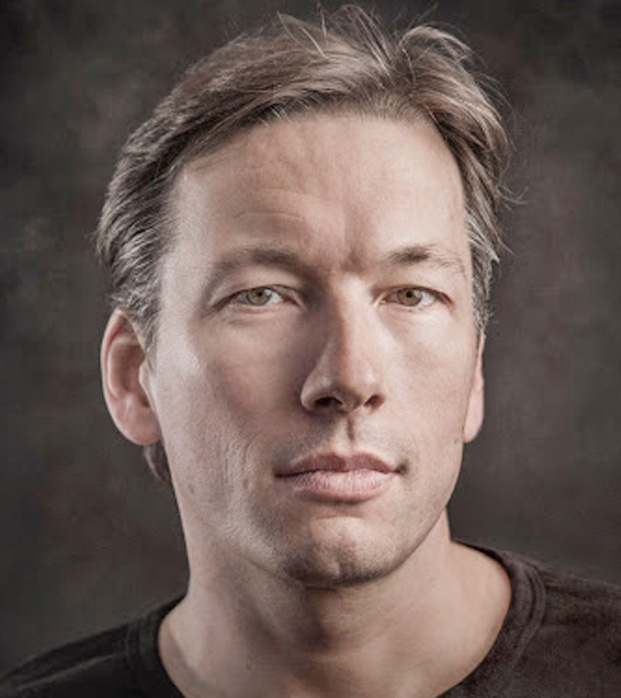
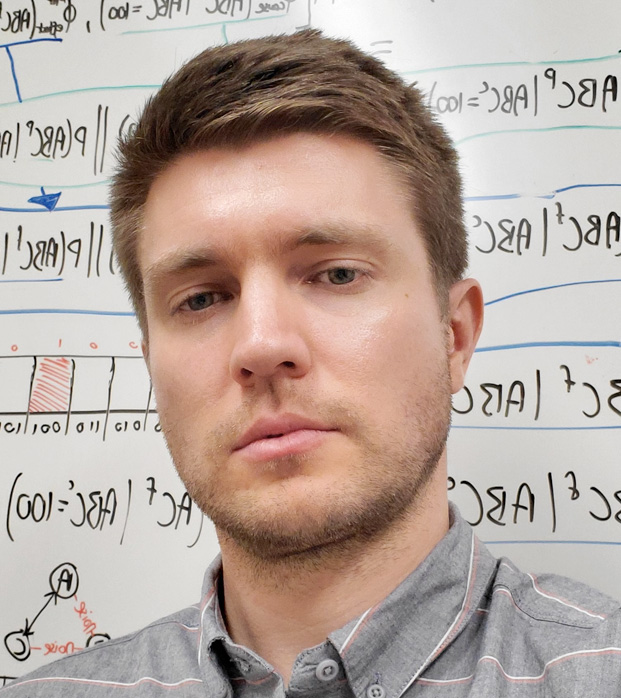
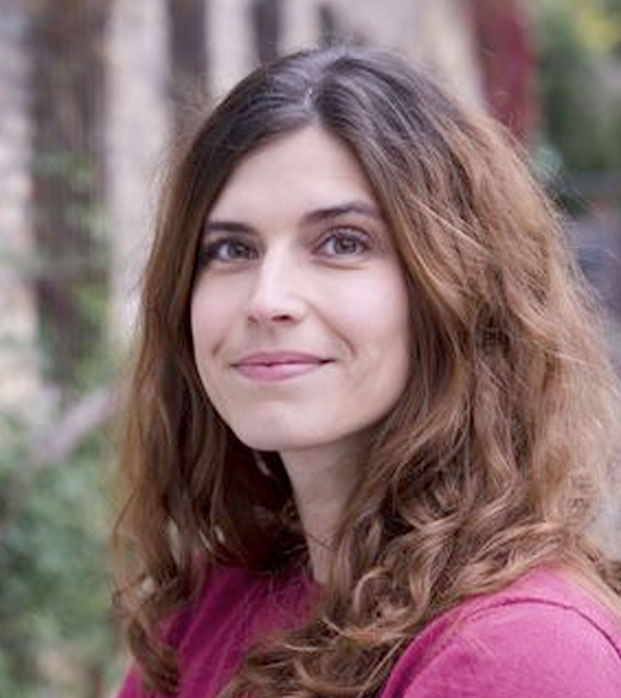
The first subproject gives an analysis of scientism. This is important, for scientism is a phenomenon with many faces. There is such a thing as academic scientism. On methodologicalacademic scientism, all academic disciplines should adopt the methods of the natural sciences. And according to reductive academic scientism, all academic disciplines are reducible to the natural sciences or, according to some versions of scientism, even to one particular science, such as chemistry.
Scientism is, however, not restricted to the academic realm. Some scientists and philosophers claim that religion or morality can be replaced with science. Others make even bolder claims, namely that all knowledge is to be delivered by the natural sciences or that only those things exist which are mentioned in our best scientific theories. What these varieties of scientism have in common is that they imply that the boundaries of science are to be extended (far) beyond what most people consider to be limits of science. In this first project, these varieties of scientism are spelled out in much more detail and their interrelations are investigated.
The second subproject focuses on scientism in particular disciplines. More specifically, in this part of the project four scientistic theses are carefully scrutinized.
What each of these varieties of scientism in a specific discipline share is the implication that our common sense about some phenomenon is deeply mistaken and that this is shown by science. This part of the project gives an account of these varieties of scientism and lays bare the relevant presuppositions and background ideas.
The third subproject provides a twofold critique of scientism. On the one hand, there are good reasons to think that scientism is false. Among them are the following:
On the other hand, there are good reasons to think that scientism is harmful.
The last part of the project goes beyond scientism. One of the main purposes here is to develop a theoretical model in which science and non-scientific sources of knowledge are integrated. This model addresses issues such as the following.
This part of the project also pays attention to developing alternatives to scientism in specific fields. Among other things, a virtue theoretical epistemology is developed which provides an alternative to epistemological scientism, the intellectual autonomy of revelation is defended and it is argued that religious experience can be a reliable source of knowledge, and a normative practice model is developed which corrects the one-sided scientistic materialism which is often found in the field of psychiatry.